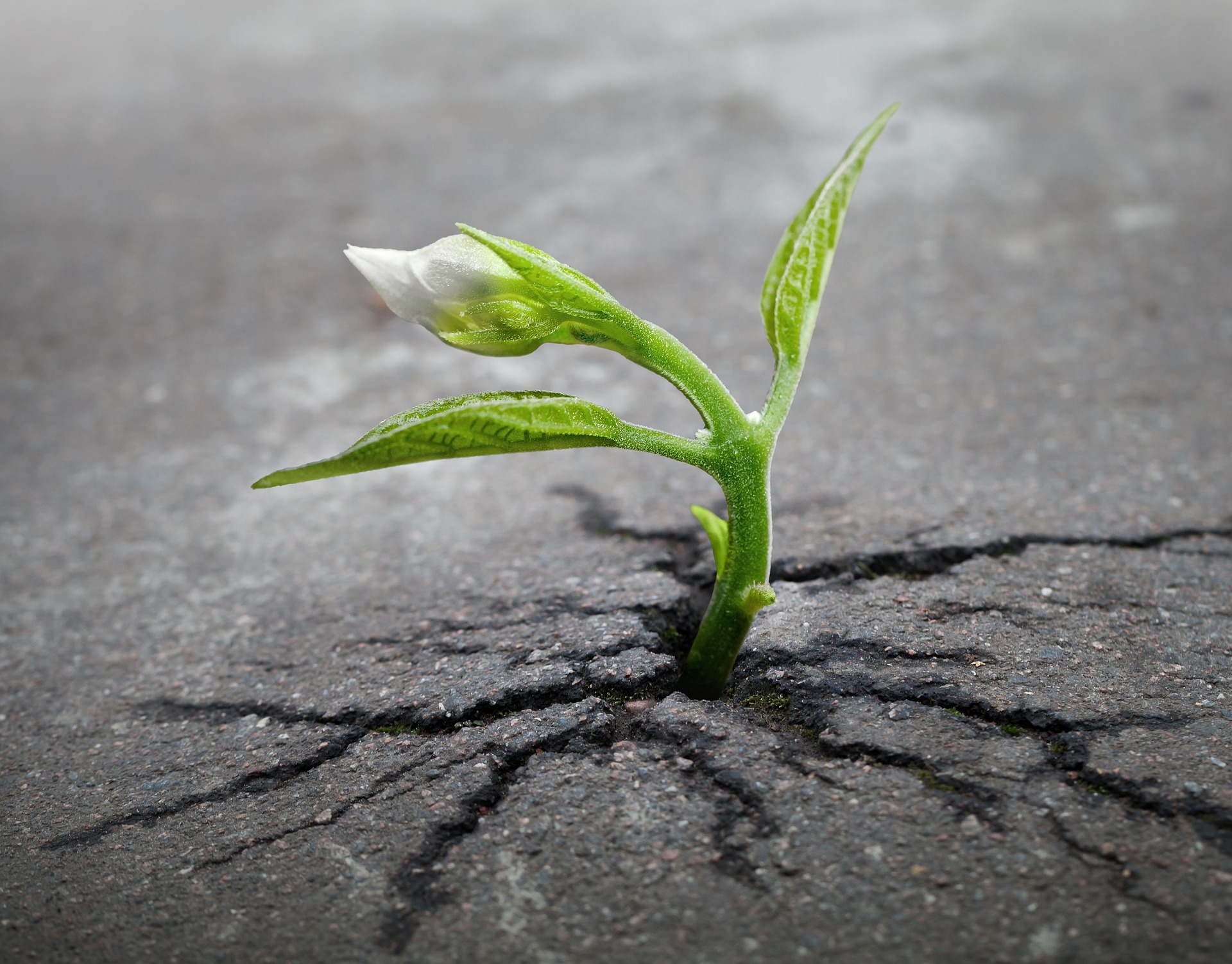 Feb
25
2019
Feb
25
2019
Vulnerability
“The trouble with most people is that they think with their hopes or fears or wishes rather than with their minds.”— Will Durant
This isn’t an easy 3-step idea. This is more about considering a side of yourself and others that you maybe haven’t considered before.
Here’s the question: To whom or what are you vulnerable?
A doctor will likely tell you that stress and fatigue increase your risk of contracting other illnesses because your resistance is compromised. I see evidence of this in our mental health.
We all have chinks in the armor where we are unprotected. When these tender areas get poked, it generates a reaction—usually disproportionate to the stimulus.
In cases where we know our weak spots, we tend to avoid them. After all, it is fragile and potentially painful. Like tending to a cut that needs stitches, we’d rather not. Even when we do get stitches, we look the other way.
The cases where we don’t know the problem can be frustrating. Often the only clues are our reactions. These may look like panic, angry outbursts, or sadness. Many clients describe the symptoms as coming on very quickly, often with no time to use coping skills.
We see this in students daily. What may seem like tiny things can create a disproportionate, irrational avalanche of emotions. Adults routinely respond the same way.
These reactions are often great signposts that point to a vulnerability. Similar to feeling physical pain, it’s your body telling you it might need some attention.
Where do we start?
1. Identify one vulnerability or symptom, e.g. anger, anxiety, etc., that you see as a problem.
2. Get to know it. Ask yourself questions about it to make it tangible and as specific as possible. These might include:
– What emotions does it generate?
– What is it about this thing, in particular, that generates these emotions?
– Where do those emotions physically live in the body, e.g. tight chest or shoulders or butterflies in the stomach.
– When does it tend to occur, e.g. time of day, when you hear a certain phrase, a smell, when you’re tired/hungry, etc?
– What/who does this thing remind you of?
– How old does this thing make you feel?
– When was the first time I noticed this thing?
Facing a vulnerability can be difficult. Usually, that’s the reason we haven’t dealt with it already. It takes courage to confront our susceptibilities, but they are not like cheese — they don’t get better with age. They make us less resilient, intrude on our daily lives, affect our decisions, and put us at risk to all kinds of other things.
Life has a way of pointing out those areas where we are frail. It shows us what areas need shoring up—if we are willing to listen.




